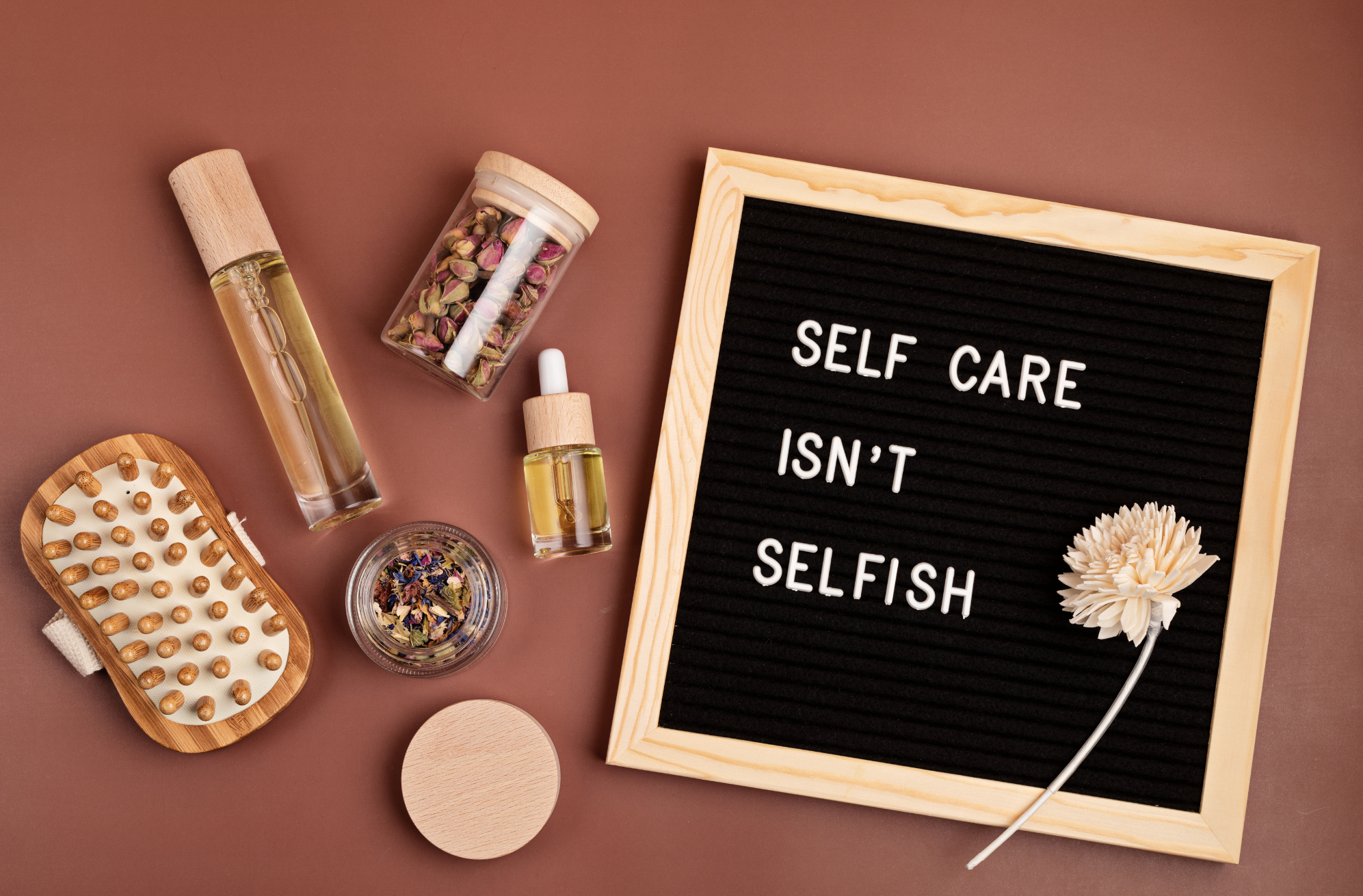Self-Care for Caregivers: Why It Essential, Not Optional
By Dr. Punam Rana MD MSc • Medical Oncologist & Wellness Educator
Physical Self-Care
Your body is your vessel for caregiving—treat it with care. Prioritize sleep, stay hydrated, move regularly, and nourish yourself with balanced meals. Exercise boosts energy, sharpens cognition, and enhances sleep quality—all crucial for navigating the demands of caregiving with strength and focus.
Emotional Self-Care
Caring for others can stir up emotions—joy, grief, exhaustion, guilt. Give yourself permission to feel it all. Make time for activities that bring you joy: creative expression, meaningful connection, laughter, or simply quiet. Emotional self-care reduces stress, fosters resilience, and sets a powerful example for your children or those in your care.
Mental Self-Care
Stimulate your mind with books, podcasts, or journaling. Practice mindfulness or guided meditation to calm the mental chatter. These simple rituals strengthen self-awareness and self-compassion, helping you approach challenges with clarity instead of overwhelm.
Social Self-Care
Don’t underestimate the power of connection. Time with friends, support groups, or simply talking with someone who “gets it” can lighten your emotional load. Caregiving doesn’t have to be isolating—community helps us feel seen and supported.
 Simple Strategies to Prioritize Your Own Well-Being
Simple Strategies to Prioritize Your Own Well-Being
- Ask for help: Delegate tasks when possible. Accepting help is strength, not weakness.
- Take breaks: Carve out short moments to rest and recharge—even 10 minutes matters.
- Set boundaries: Know when to say no, and be honest about your capacity.
- Prioritize sleep: Create a bedtime routine and protect your rest like it matters—because it does.
- Move your body: A daily walk, dance break, or yoga session supports mood and vitality.
- Eat well: Fuel your body with real food. Keep snacks simple and nourishing.
- Practice mindfulness: Start your morning or close your day with a few deep breaths or guided meditation.
- Enjoy joy: Make space for small pleasures—a book, a favorite show, a hot cup of tea.
- Seek respite care: Explore community programs that provide temporary caregiving support.
- Know when to get help: If you’re feeling overwhelmed, speak to a therapist or counselor.
 Final Thoughts
Final Thoughts
As an oncologist, a meditation teacher, and a mother of four, I know how easy it is to neglect yourself in the name of caring for others. But true, sustainable caregiving starts with you.
Nurture your mind, body, and spirit. Model self-compassion. Build a support system. And remember that caring for yourself doesn’t take away from others—it multiplies the love and energy you have to give.
You are doing meaningful work. Let that work begin with you.



